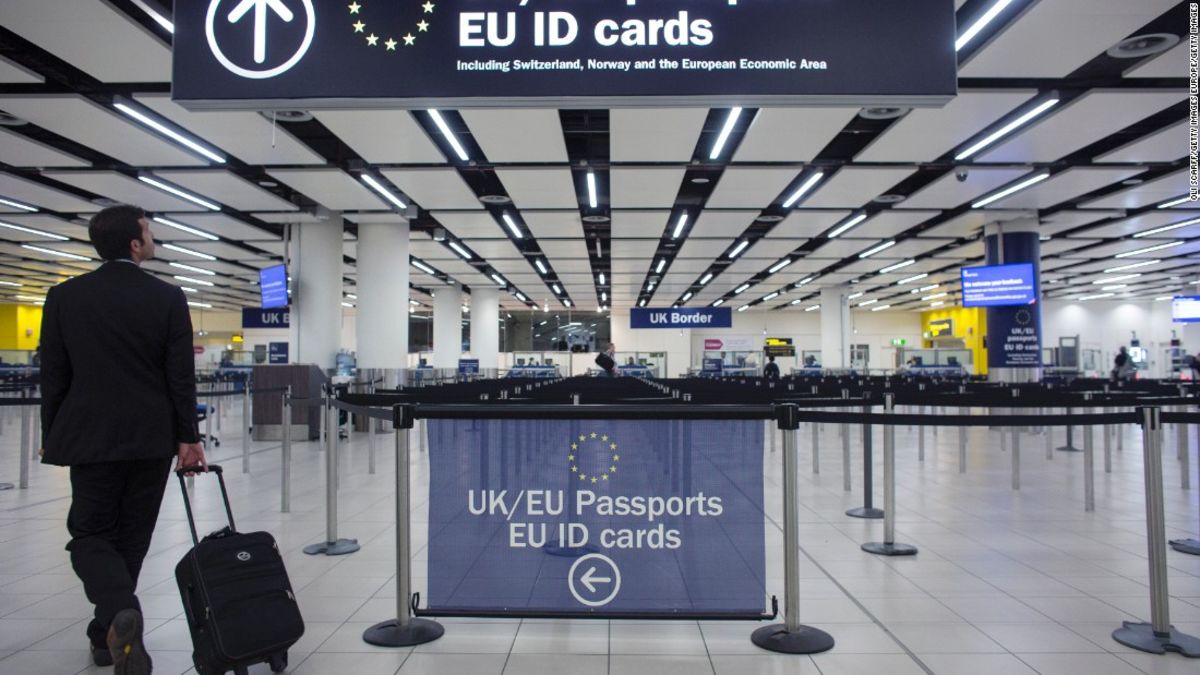
(CNN) — Passengers at some European airports will soon be questioned by artificial intelligence-powered lie detectors at border checkpoints, as a European Union trial of the technology is set to begin.
The avatar will become "more skeptical" and change its tone of voice if it believes a person has lied, before referring suspect passengers to a human guard and allowing those believed to be honest to pass through, said Keeley Crockett of Manchester Metropolitan University in England, who was involved in the project.
"It will ask the person to confirm their name, age and date of birth, (and) it will ask them things like what the purpose of their trip is and who is funding the trip," said Crockett.
But the technology has been tested in its current form on only 32 people, and scientists behind the project are hoping to achieve an 85% success rate.
"I don't believe that you can have a 100% accurate system," Crockett said, adding that the technology will become more accurate as it is tested on more passengers.
The system will be overseen by human guards, who can see the results of the AI tests on each passenger.
Only passengers who give their consent will come face-to-face with the technology in its initial trial, with consent forms available at the airports when they arrive.
No comments:
Post a Comment